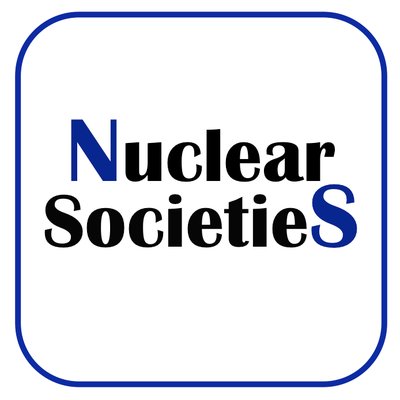The project aims to create a neutral space where specialists in social sciences (including economics, sociology, Science and Technology Studies, among others) and humanities and in nuclear energy research and policy will meet, exchange views and collaborate with civil society and other relevant stakeholders in order to:
- Provide a societal perspective on the development and use of existing and new nuclear technologies, in the context of major societal challenges: climate crisis, sustainable development and energy security, by opening up the technoscientific issues to the social, political, cultural and ethical context, in order to guide policies in the nuclear field.
- Provide an assessment of nuclear energy sustainability considering the entire life cycle of the current nuclear technologies, possible evolutions of the energy markets and nuclear technologies in the transition toward climate neutrality, and the societal perspective in order to reveal and evaluate the possible roles of nuclear power in the future;
- Provide a radically new economic model, based on the System of Provision (SoP), for the assessment of nuclear energy, overcoming the key weaknesses of existing economic models, providing a suite of indicators relevant not just for the investors (e.g. equity holders) but for a broad variety of stakeholders (e.g. consumers, governments, suppliers).
The University of Exeter takes part in WP1, the work package that groups all activities dedicated to social investigations. The actions on the societal aspects of energy futures will provide insights into the perceived risks, benefits and potentials of nuclear energy technologies, which will be further deepened through studies on citizens’ motivations for engaging with the issue in the context of major societal challenges: climate crisis, sustainable energy policies, energy security . Furthermore, WP1 will identify challenges for the uptake of existing recommendations on stakeholder engagement and transdisciplinarity (notably integration of social sciences and humanities) in nuclear research and policy and develop practical recommendations for these challenges. By engaging with relevant societal stakeholders (researchers, decision-makers, civil society organisations, NGOs, businesses, state administration, local information committees, municipalities with nuclear facilities, etc.), WP1 will explore and co-construct with them possible futures for nuclear energy taking into account ongoing energy transitions and climate change and other major societal challenges, all results feeding the assessment WPs 2&3.
The University of Exeter brings expertise in the non-economic aspects of areas pertaining to the beginning and end of the ‘nuclear cycle’: social challenges and costs of mining; social dimensions of waste disposal; technical communities’ perceptions of the socio-economic aspects of nuclear energy; community impacts of nuclear projects. The methodological expertise covers a full range of qualitative approaches, framed at theoretical level mainly by sociology and science/society studies. Within ECOSENS, the University of Exeter will advise on qualitative analysis methodologies, bring the UK as a case study and organise participatory activities jointly with the SHARE platform.


